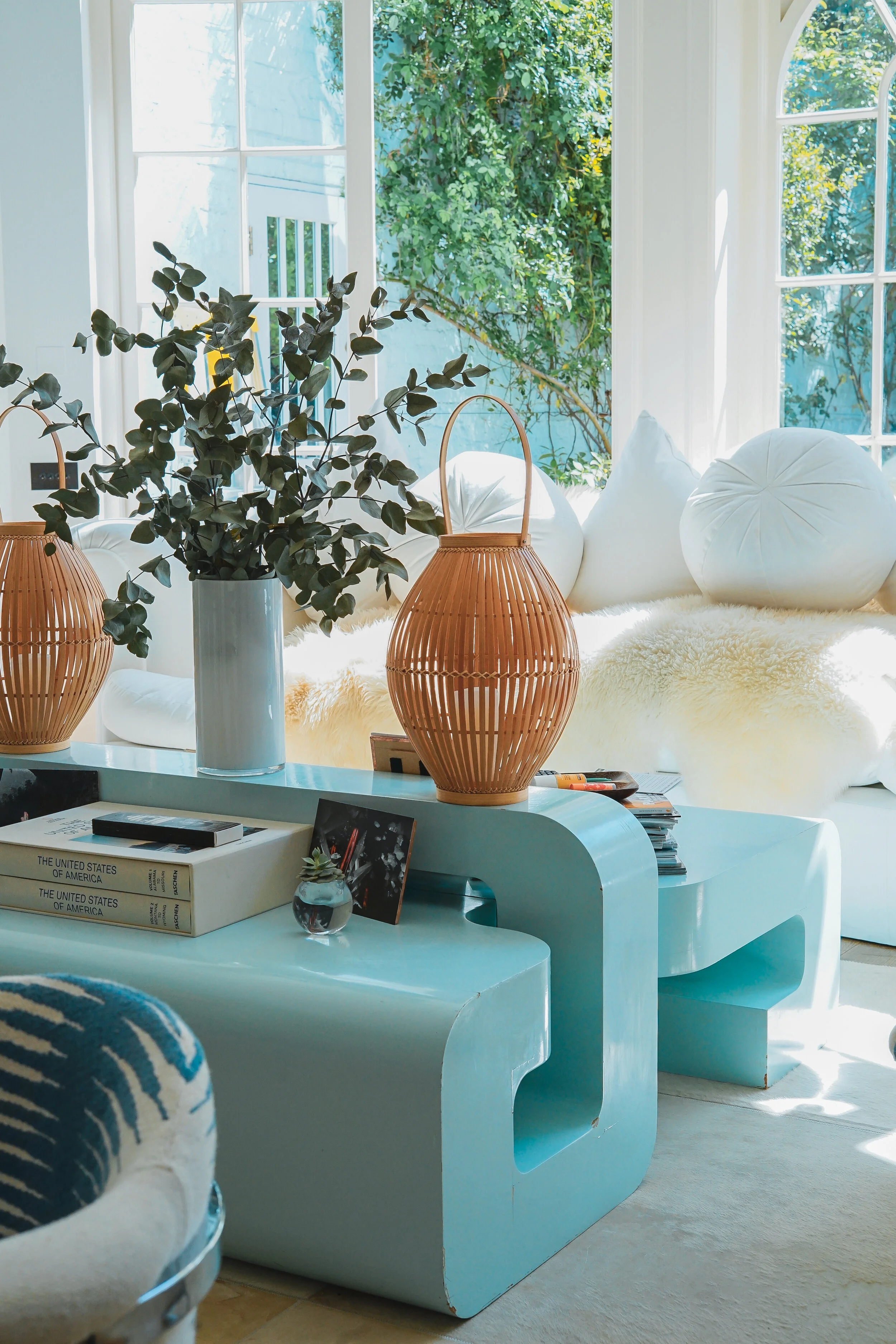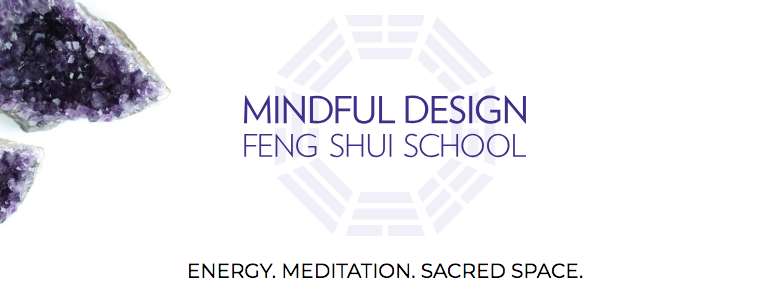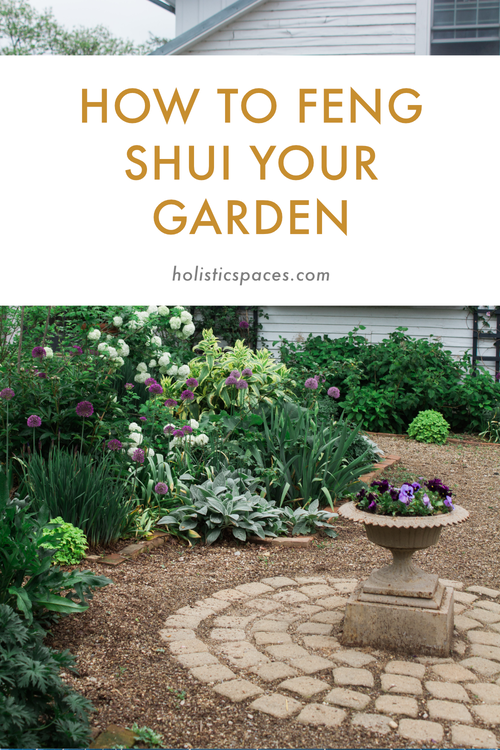I really appreciate your podcast and all the work you are doing. I would love to hear your opinion about the use of crystals in Feng Shui. They seem an integral part of the practice, but I find them personally difficult to use as many are mined in deadly conditions in one of the world’s poorest countries.
- Christine T.
Hi Christine,
Thank you for your question, and thank you for listening to our podcast! First, natural crystals are actually not an integral part of feng shui. That’s a common misconception. If you look at any older feng shui books, you won’t see any crystals, except maybe jade since that was often used in Asia. A lot of feng shui practitioners do use crystals, but they’re not necessary. The use of crystals in feng shui is part of a modern version of feng shui that’s been adapted to make it relevant for the current time.
We do talk a lot about using feng shui crystal balls in BTB feng shui, which is the school of feng shui that I practice and teach. In the BTB tradition, these faceted crystal balls are very important, but they’re also not necessary. There’s always something else you could use as an adjustment instead. Feng shui is about shifting the energy in your environment. You can use many different tools, including natural crystals or crystal balls, but they’re not a must. If you’re working with a consultant, they’ll be able to give you adjustments that are appropriate for you and customized to what you’re working on, as well as substitutions if required.
In terms of the mining industry, that’s a really important thing to think about. Especially because crystals are used as a healing tool, it’s important to think about where they come from. I find that as I’m teaching more and becoming more available to the public, I have a responsibility to educate myself because what I show and model publicly has an impact. While in many areas of my life I’ve taken the time to consider the ethics involved with where things come from, I haven’t researched that much about natural crystals, so I’m really grateful that you’ve brought this to my attention.
I don’t have a great answer about the mining industry because I’m not a gemstone expert, but I think it’s an important conversation and I’m going to reach out to my colleagues who are gemstone experts to see how they address it. If this aspect of crystals does make you uncomfortable, remember that you don’t have to work with them to practice feng shui.
We all have to do the best we can and continually wake up to see more of the suffering in the world and the ways we can lessen it. Since I’m talking publicly, it’s especially important for me to up the ante and take responsibility for what I am sharing with the world.
Thanks again for your question and for bringing this to my attention!
by Anjie Cho






